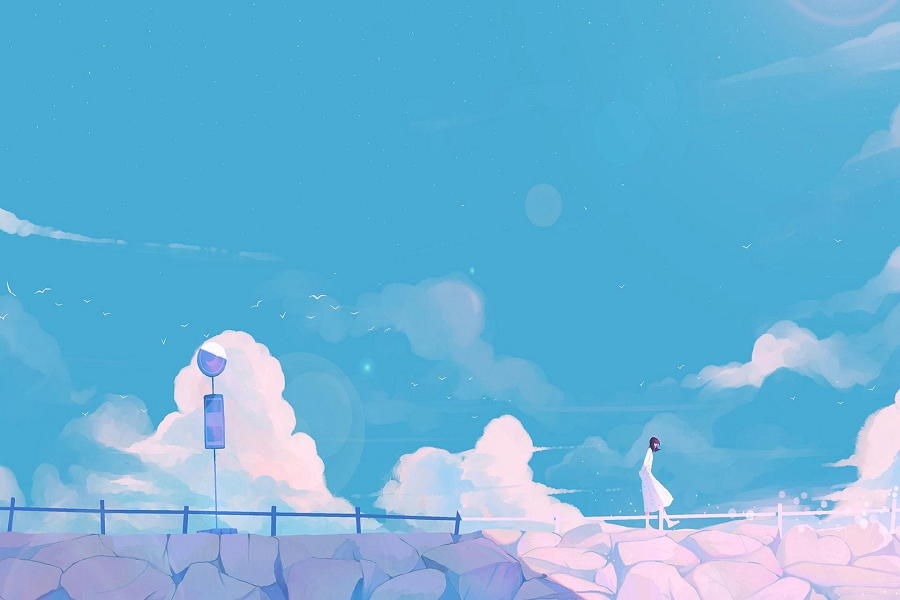The mental illness of the “post-80s” is already a very common phenomenon. As the only child of the first generation in China, two extremes are prone to appear due to the different ways of parenting in the family. Today, we invite experts to explain in detail the “post-80s” for us. ” mental illness. One is that the child is surrounded by stars at home. Such a child has not experienced setbacks, is more fragile and sensitive, and is easy to rely on others. Children who grow up in such an environment are very self-reliant and strong on the surface, but they are actually “insecure” in their hearts. They are especially eager to get the attention and approval of their parents by doing well. Therefore, when they grow up, they will They will be particularly “strong” at work, work very hard, and even be workaholics. Subconsciously, they are eager to gain recognition through career success. The latter is the most prone to physical and psychological problems. Therefore, “post-80s “The mental illness of “has been very common. Homosexuality, bisexuality – am I a heterosexual in love? Neutral beauty is becoming more and more mainstream. And the post-80s generation is also more and more exposed to the word “homosexuality”. There are Some people are induced by this word to have feelings for the same sex. “Bisexual”, “homosexual”… In the letters I received, “doubt I am” is far more than “I am gay, what should I do?” “, that is to say, most of the post-80s generation are confused by the “trend” when it comes to gender issues. Same-sex love is available to everyone, and it doesn’t mean to look at the same sex one more time to be gay; true homosexuality must have physical arousal , Psychological favorability and dependence are normal same-sex emotions. For psychological counseling, the real social adjustment of homosexuals and bisexuals is a difficult psychological problem. Safety weather vane: homosexuality and bisexuality have an important indicator , that is, whether there is “physiological arousal” for the same sex, first measure your physical needs, and then look at your psychological state.
Social fear – the sin of introversion, or the fault of extroversion? Some people born in the 1980s have stepped into the society, the protection of their families, and the sense of superiority of “I am the boss” has disappeared all of a sudden. Many people find interpersonal problems: “How can I make my colleagues like me?”, “I unintentionally upset my boss”, “I have no sense of belonging in the company”…Introverts feel that they don’t fit in, don’t Can talk to others; extroverts feel that their publicity makes people jealous, and someone will do harm in secret – can’t guess other people’s hearts, it seems that it is all their own fault. Safety weather vane: Social problems are not a problem that the post-80s generation began to face. Our ancestors have encountered them. Being introverted and extroverted doesn’t prevent you from eating all over the world. The key is how you give yourself a workplace position. Social networking is a purposeful workplace activity. Find your own position and say whatever you want. Doing yourself well is the right way.
Confusion in choosing a career – the problem of job-hopping after the 1980s who do not know what they want has always been a headache for the elders. It seems that we can easily say “I’m quitting”…Impatientness and willpower seem to be our problems. But it is not a matter of willpower that leads to confusion in choosing a career, but that we don’t know what we want … The more big things we do, the more we feel small, and that small people may be useless even if they need them. What’s more, the post-80s are born with no worries about food and drink, they don’t like to watch news broadcasts, they just like the cat to get up and play with themselves-the basic needs are met, so most of them don’t know what they want? What I want: “I can’t stand 9 to 5”, “My boss can’t see my difference”, “I feel frustrated and can’t show my skills”, “I have changed 9 jobs and want to quit again” …Life and career development are all in contrast to “need” in “don’t want”. There is no active planning, step by step, and of course there is no patience and perseverance. Safety vane: It is very difficult to find what you want most. Start by knowing yourself first. Get to know your past self first, and then ask your future self. Career planning should start with life planning.
I don’t want to grow up – let me stay in my childhood. I don’t want to grow up. There is a term in psychology called “children’s self-authorization”, that is to say, under the shell of an adult, there is a child’s soul, so do It’s like the behavior of a 3-year-old child. There are very few children born in the 1980s, so most of them are used to being children, and it is cute to be a little childish occasionally, but if you let the 3-year-old handle everything by yourself, there will be adaptation problems. For example: crying if you have emotions, being rude if you can’t get it, self-centered… For an adult, giving up the right to become an adult means giving up psychological growth, and the level of psychological development will always stay at the age of 3 .





























